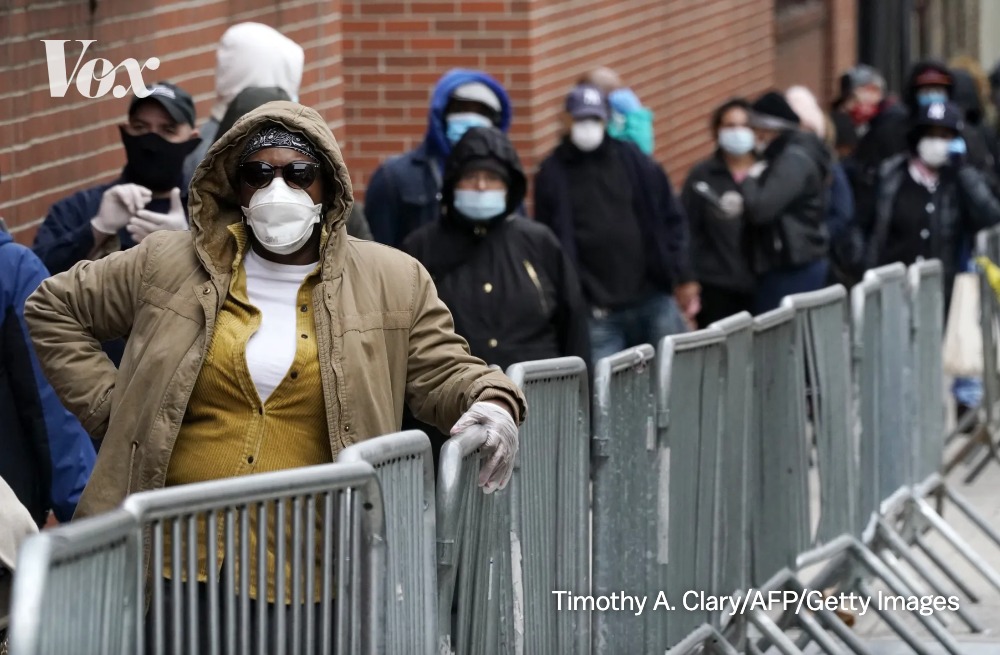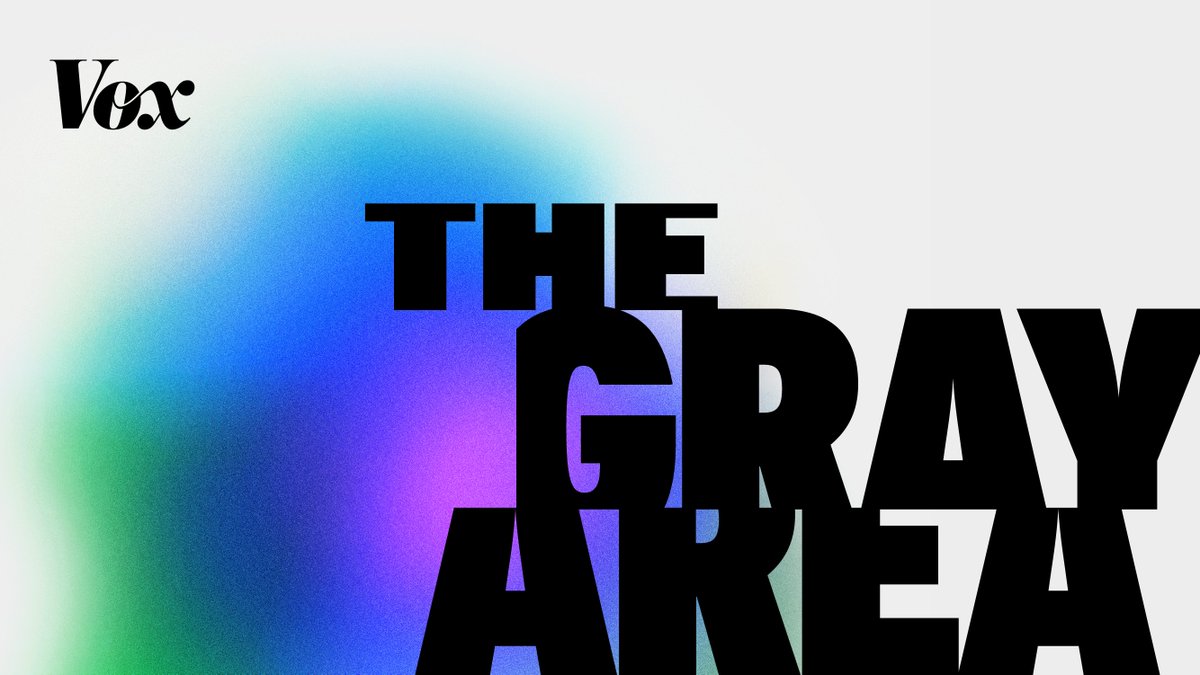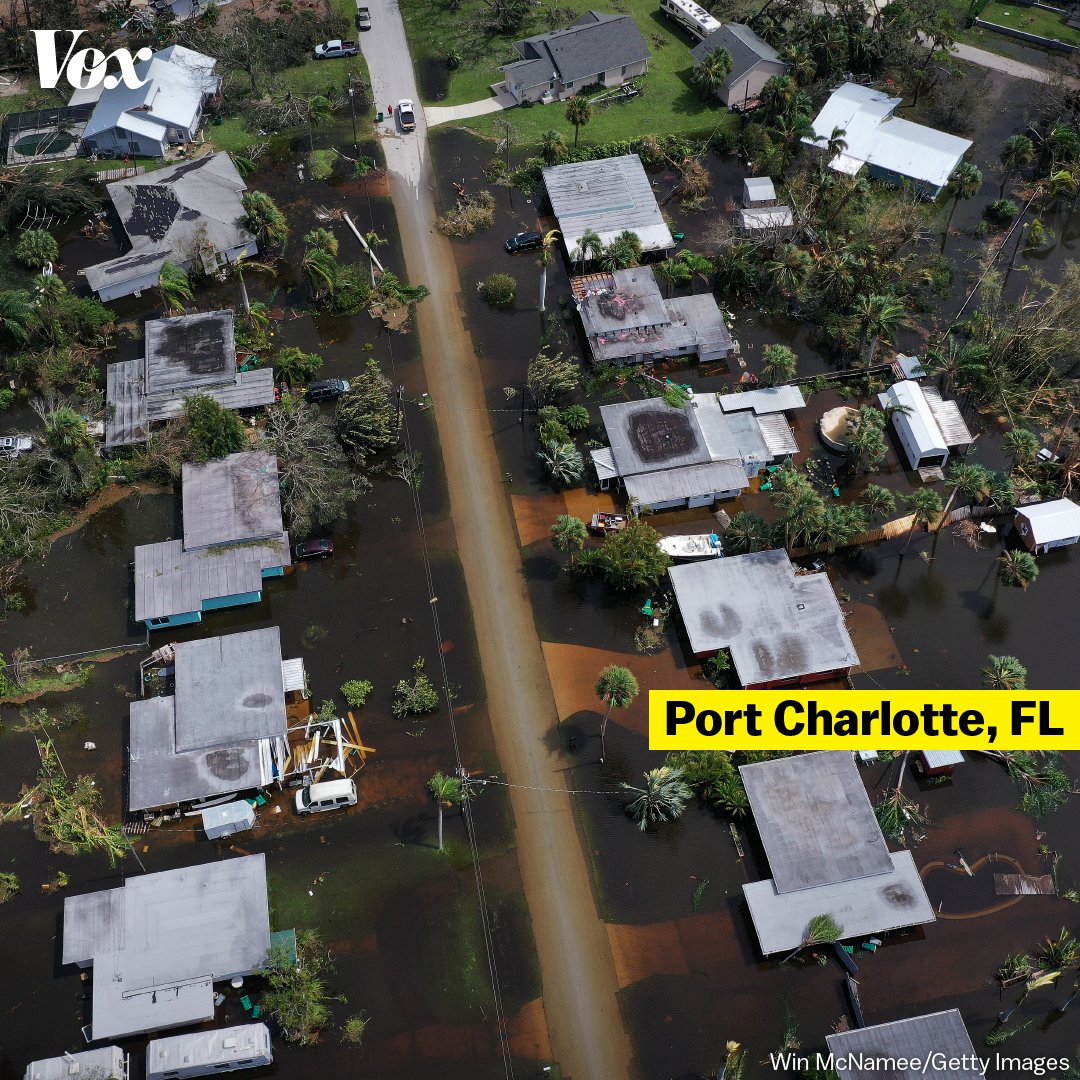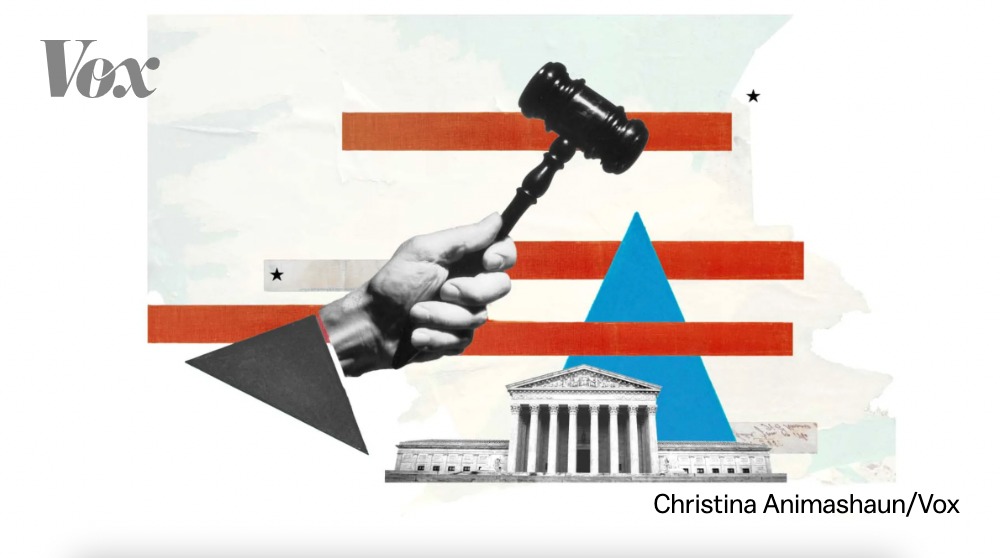1/ Ruth Bader Ginsburg, who died on Friday at age 87, was a staunch champion of civil liberties who changed the face of anti-discrimination law in America.
These 5 cases reflect her legacy:
vox.com/2020/9/18/1817…
These 5 cases reflect her legacy:
vox.com/2020/9/18/1817…
2/ Her first mark on history came decades before she joined the Court.
While at the @ACLU she wrote the plaintiff’s brief in Reed v. Reed, which established that the equal protection clause could be used to challenge gender discrimination.
While at the @ACLU she wrote the plaintiff’s brief in Reed v. Reed, which established that the equal protection clause could be used to challenge gender discrimination.
3/ When she was appointed to the Supreme Court, Ginsburg became known for her dissents.
As the Court became more conservative around her, Ginsburg’s dissents became “more pointed,” and “her prose also became more colorful," according to author Jane S. De Hart.
As the Court became more conservative around her, Ginsburg’s dissents became “more pointed,” and “her prose also became more colorful," according to author Jane S. De Hart.
4/ Her dissent in the 2013 case Shelby County v. Holder, in which the Court essentially gutted the Voting Rights Act, became especially famous.
5/ The premise of Chief Justice Roberts’s majority opinion in Shelby County is that America simply isn’t racist enough to justify a fully operational Voting Rights Act.
Ginsburg disagreed.
Ginsburg disagreed.
6/ She wrote the majority opinion in the influential 1996 case United States v. Virginia, which struck down a military college’s men-only admissions policy because the school did not show an “exceedingly persuasive justification” for excluding women.
7/ On occasion, her dissents inspired legislative action, as was the case in Ledbetter v. Goodyear Tire & Rubber.
The very first bill that President @BarackObama signed into law was the Lilly Ledbetter Fair Pay Act, which overturned the Court’s decision.
The very first bill that President @BarackObama signed into law was the Lilly Ledbetter Fair Pay Act, which overturned the Court’s decision.
8/ Ginsburg was also a core member of the Court’s liberal wing, casting important votes in cases like Obergefell v. Hodges, which established the right of same-sex couples to marry.
9/9 Today, Ruth Bader Ginsburg’s image adorns T-shirts, mugs, and baby onesies – but her mark remains in changing the face of anti-discrimination law in America.
• • •
Missing some Tweet in this thread? You can try to
force a refresh










